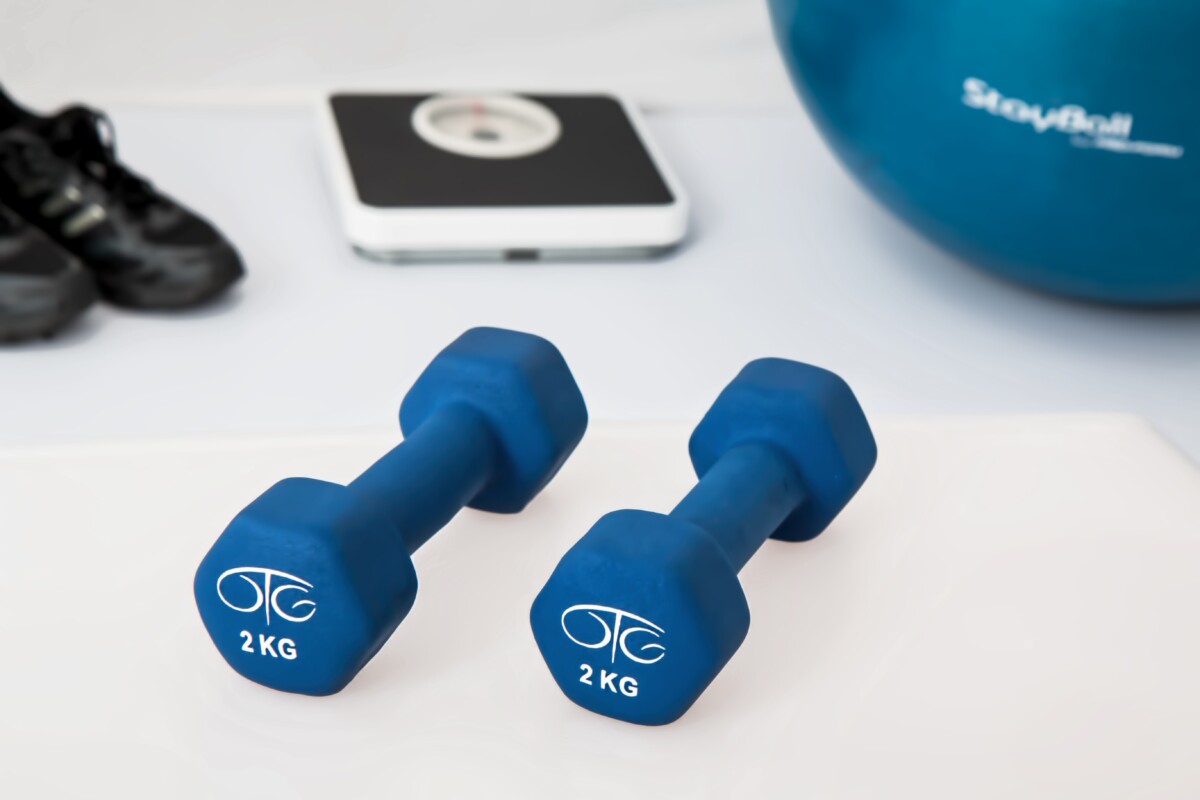The holy month of Ramadan is a time for spiritual reflection and fasting for Muslims worldwide. Fasting during this period requires discipline and self-control and can provide several health benefits. However, fasting can also lead to stomach problems, such as ulcers, if not done correctly. This article will provide tips on avoiding ulcers and staying healthy during the fasting month.
Eat a Balanced Diet
Eating a balanced diet that includes all the essential nutrients is very important during the fasting month. The pre-dawn meal, known as Suhur, should contain complex carbohydrates, such as grains and fruits, to provide sustained energy throughout the day. Dinner, known as Iftar, should include protein-rich foods like chicken and fish to help repair and build muscle tissue.
Stay Hydrated
Drinking plenty of water during non-fasting hours is essential to avoid dehydration, which can lead to fatigue, headaches and stomach problems. Drinking 8-10 glasses of water daily and other hydrating liquids such as coconut water or herbal teas is recommended.

Choose Foods That Are Easy To Digest
Foods that are difficult to digest can make the stomach work harder, leading to ulcers. Opt for easily digestible foods like porridge, soup, or boiled vegetables.
Don’t Overeat at One Time.
Overeating at one time can make the stomach work harder and trigger excessive stomach acid production, leading to ulcers. Instead, eat small, frequent meals.
Avoid Spicy and Fried Foods
Spicy and fried foods can cause stomach irritation and aggravate ulcers during the fasting month. It is best to avoid these foods and opt for light, easily digestible meals that include fresh fruits and vegetables, lean meats, and whole grains.
Manage Stress
Stress can worsen ulcers and other stomach problems during the fasting month. Stress management activities such as meditation, yoga, and deep breathing exercises are essential. Taking short breaks to rest and relax during the day can also help reduce stress levels.
Consult a Doctor If Necessary
If you experience persistent abdominal pain or other symptoms during the fasting month, it is essential to consult a doctor. They can diagnose the underlying condition and provide appropriate treatment, such as medication or dietary changes.
Fasting during the holy month of Ramadan can provide several health benefits, but avoiding stomach ulcers and other stomach problems is essential. Eating a balanced diet, staying hydrated, avoiding spicy and fried foods, managing stress, and consulting a doctor if necessary can help ensure a healthy and fulfilling fasting experience.


